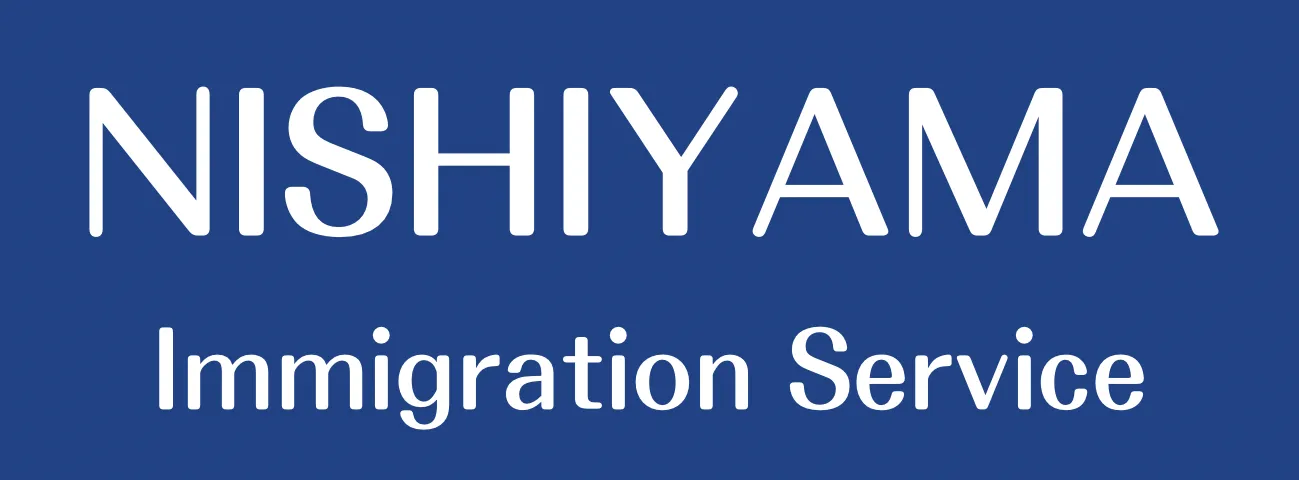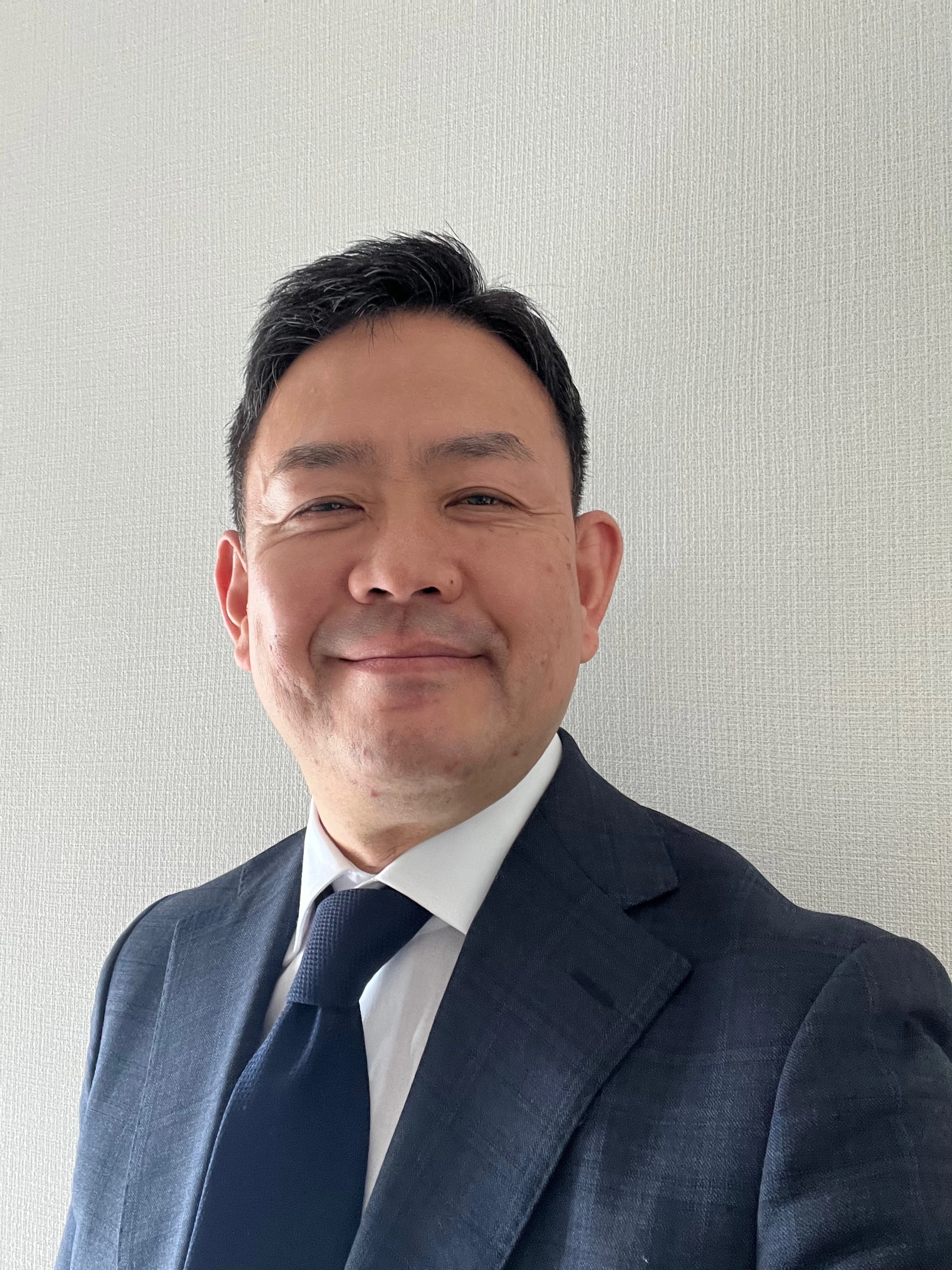[Blog]Understanding the Difference Between “Visa” and “Status of Residence” in Japan
2025-10-30
Recently, Nippon.com published an article titled “Foreign Employment: 70% of Companies Lack Sufficient Understanding of the Status of Residence System – Language Barriers and Complex Procedures as Key Challenges.” According to a survey conducted by BIGIN Gyoseishoshi Office in Tachikawa City, Tokyo, only 26.8% of companies currently employ foreign workers, and even when including those considering future employment, the number reaches just 32.5%. In other words, nearly 70% of companies have no plans or remain undecided about hiring foreign workers, indicating that foreign employment in Japan is still relatively limited. Among companies that do hire foreign workers, the main reasons include filling labor shortages (42.1%), utilizing specific skills and expertise (38.4%), and supporting overseas expansion (36.5%). This shows that foreign hiring is no longer just about manpower—it also reflects growing needs for professional knowledge and global capabilities. However, more than 80% of companies employing foreigners reported concerns, with over 30% citing “language and cultural barriers” and “complex residence procedures” as major challenges. In short, companies are struggling both with communication and the legal aspects of employment. Furthermore, only 32% of companies claimed to have any understanding of Japan’s “status of residence” system, and even among those that employ foreigners, 23.8% admitted they lack sufficient understanding. Many pointed to the complexity of residence categories, requirements, and renewal procedures as key hurdles. While some companies have established internal rules, cooperate with specialists such as gyoseishoshi (immigration lawyers), or conduct status checks at hiring and resignation, 17.1% have implemented no particular measures. These results highlight that insufficient understanding of the system remains a significant challenge for Japan’s foreign employment landscape.
“Visa” ≠ “Status of Residence”
One reason for this lack of understanding, in my opinion, is the tendency to treat “visa” and “status of residence” as the same thing. It’s common to hear phrases like “We’ll help you get a visa” or “We can renew your visa,” even among employers. However, a visa (shōmei or査証) and a status of residence (zairyū shikaku) are fundamentally different. A visa is issued by a Japanese embassy or consulate abroad and serves as an entry permit recommendation—it allows a person to travel to Japan. In contrast, the status of residence is granted by the Immigration Services Agency (ISA) after entry and determines what type of activities a person can legally engage in while in Japan. For example, “Specified Skilled Worker,” “Engineer/Specialist in Humanities/International Services,” and “Business Manager” are all statuses of residence, each with its own legal scope of work. In simple terms, the visa is the “ticket to enter Japan,” while the status of residence defines the “rules for living and working” in Japan. Confusing the two can lead to serious issues, such as unauthorized work activities, which can put both the company and the individual at legal risk.
Why the Confusion Happens
The confusion is understandable because “visa” is the more familiar and convenient term. The media, job postings, and HR websites often use phrases like “visa support provided” or “visa renewal available,” so the word has naturally become mainstream. Unfortunately, this convenience has led to misunderstanding. Legally speaking, visas and statuses of residence are distinct, but in day-to-day conversation they’re often used interchangeably. This can have real consequences. For instance, someone holding the “Engineer/Specialist in Humanities/International Services” status can only perform professional or white-collar duties. If an employer assigns them manual or unskilled tasks, it could technically constitute unauthorized employment. Without understanding the scope of each status, companies might unknowingly violate immigration law.
Employers Build Trust Through Understanding
For employers, understanding the status of residence is more than a legal obligation—it’s a foundation of trust. Some companies may think, “We outsource that to our immigration lawyer, so it’s fine.” But in reality, HR and managers are the ones who monitor job duties daily. While administrative paperwork can be delegated, ensuring that employees’ actual work matches their authorized status is the employer’s responsibility. Therefore, companies should discuss in advance which status applies to each role, how to describe the job when applying to immigration, and how to manage renewals and expiration dates effectively. Introducing simple internal systems—like tracking residence card expirations—can prevent compliance issues and demonstrate care for employees.
From “Visa Support” to “Residence Status Support”
Going forward, companies should aim to be not just “visa-supporting employers,” but “residence-status-supporting employers.” This subtle shift in wording represents a deeper change in mindset. True support isn’t just helping with paperwork—it’s understanding the residence system and creating an environment where foreign employees can thrive with confidence. For example, under the Specified Skilled Worker system, companies are legally required to provide certain living support and consultation structures. Even beyond legal obligations, understanding the system helps companies improve retention and morale. When employers use the correct terms and demonstrate comprehension, it reassures foreign staff that they are respected and valued.
Understanding the System Is a Form of Kindness
As more companies in Japan hire foreign employees, the lack of understanding about the residence system can no longer be ignored. As the Nippon.com article highlights, many businesses still struggle to navigate it properly. The first step toward improvement is simple: stop using “visa” and “status of residence” interchangeably. Learning the distinction is not just about following rules—it’s about respect. Understanding the system means understanding the people who live under it. For employers, that’s the essence of inclusion and good management. By deepening our understanding, we can create workplaces where everyone, regardless of nationality, feels secure and supported. In the end, understanding the status of residence isn’t just compliance—it’s an act of kindness that builds trust between employers and their international teams.

